Association
In the BDI Framework the term BDI Association is defined as the placeholder for the local legal entity formed by a group of entities. The precise legal definition may vary: the term is a placeholder for multiple options (foundation, cooperative, etc.).
The Association is the entity that serves as operational anchor for both federated trust/authentication and local onboarding in the infrastructure for data exchanges. Members of BDI Associations participate in as many sectors and data exchanges as they see fit.
Member participate in dynamic instances of virtual networks, composed of members of potentially many different BDI Association.
Members from other BDI Associations are treated with zero-trust principles in mind: fitting to a perimeterless network that can span the globe.
The association is most likely (but not by definition) local because: trust and reputation are quite sensitive to proximity and a high frequency of interaction. The economic gravity-effect shows that geographical proximity has a causal relationship with the level of trade. Legal systems are national and/or trade-bloc dependent UK Law and NL/EU law as an example.
The BDI Framework assumes that many associations are formed and changed/split/merged in a natural manner, as their members see fit.
The BDI framework defines how federated trust, federated reputation and federated authentication are created spanning multiple associations.
BDI Framework Governance
The BDI Framework maintenance body is seen as a regular open standards organization. This organization is being developed.
